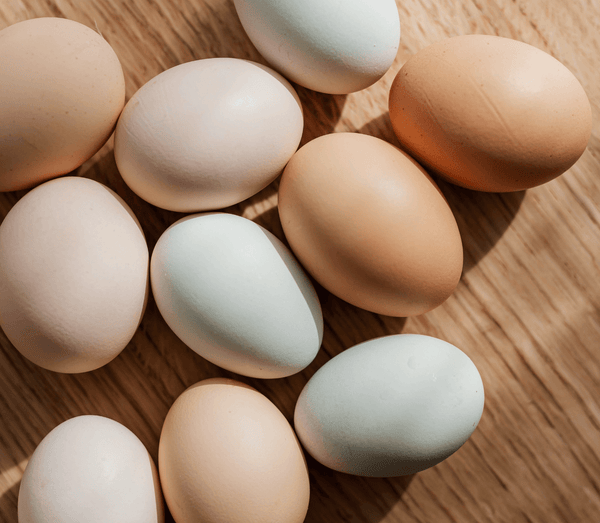Article
Preparing for Implantation: Tips for Optimising Uterine Lining Health
Posted on
A healthy uterine lining provides the ideal environment for the embryo to implant and thrive.
In this guide, we'll explore various strategies, including diet, lifestyle adjustments, and supplements, to optimise uterine lining health and enhance the chances of successful implantation.
Dietary Recommendations
1. Nutrient-Rich Foods: Focus on consuming a balanced diet rich in nutrients such as vitamins C, E, and B-complex, as well as minerals like zinc and selenium. These nutrients play vital roles in supporting overall reproductive health and promoting a healthy uterine lining.
2. Omega-3 Fatty Acids: Incorporate sources of omega-3 fatty acids, such as oily fish (salmon, mackerel, sardines), flaxseeds, and walnuts, into your diet. Omega-3s help reduce inflammation and may improve blood flow to the uterus, supporting optimal implantation.
3. Antioxidant-Rich Foods: Increase your intake of antioxidant-rich foods like berries, leafy greens, and nuts. Antioxidants help protect cells from damage caused by free radicals, which can negatively impact uterine health.
4. Nitrate foods: foods such as leafy greens, beetroot, pomegranate and root vegetables are a source of nitrates which produce nitric oxide, this plays a crucial role in vasodilation which helps relax and widen blood vessels, improving blood flow throughout the body including the uterus. This can help support a healthy uterine lining and create a more favourable environment for implantation to occur.
Lifestyle Adjustments
1. Manage Stress: High levels of stress can interfere with hormonal balance and disrupt the menstrual cycle, potentially affecting uterine lining health. Practice stress-reducing techniques such as yoga, meditation, or deep breathing exercises.
2. Regular Exercise: Engage in moderate exercise regularly to improve blood circulation and promote overall well-being. However, avoid excessive or intense exercise, as it may have a negative impact on fertility.
3. Adequate Sleep: Prioritise quality sleep to support hormonal balance and reproductive health. Aim for 7-9 hours of uninterrupted sleep per night to optimise fertility.
Supplements to Consider
1. Folate: Taking a folate supplement before conception and during early pregnancy can help prevent neural tube defects in the baby and support uterine health.
2. Vital DHA: Omega-3s help reduce inflammation and may improve blood flow to the uterus, supporting optimal implantation. Vital DHA contains Omega 3 essential fatty acids (EFAs), plus a small amount of Zinc.
3. Coenzyme Q10 (CoQ10): CoQ10 is an antioxidant that may improve egg quality and mitochondrial function in cells, including those of the uterine lining.
By incorporating these dietary, lifestyle, and supplement strategies into your pre-conception routine, you can optimise the health of your uterine lining and increase the likelihood of successful implantation.
Remember to consult with your healthcare provider before making any significant changes to your diet or lifestyle, especially if you have any underlying health conditions or are taking medications.
Further reading
-

How to Improve Egg Quality Naturally: Nutrients, Lifestyle & Supplements
For anyone navigating fertility, whether trying to conceive naturally or undergoing treatments like IVF or egg freezing, one term stands... -

Is Ubiquinol The Same As CoQ10?
In the world of fertility supplements, few nutrients receive as much attention as Coenzyme Q10 (CoQ10). It plays a central...


